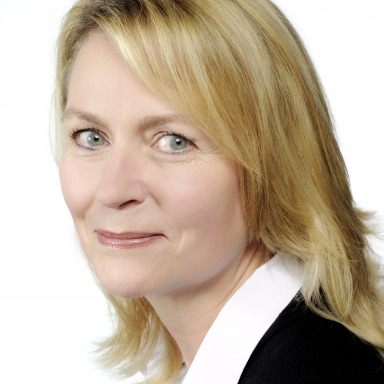Headline:
Extended Application Deadline: First Potsdam Summer School on the „Arctic in the Anthropocene“

We have the pleasure to announce the call for applications for the first Potsdam Summer School on the “Arctic in the Anthropocene” in partnership with the City of Potsdam, the Alfred Wegener Institute, Helmholtz Centre for Polar and Marine Research (AWI), the Helmholtz Centre Potsdam – GFZ German Research Centre for Geosciences, the Institute for Advanced Sustainability Studies (IASS), the Potsdam Institute for Climate Impact Research (PIK) and the University of Potsdam. This two-week interdisciplinary and interactive event will be running from 23 June to 4 July 2014. The aim is to hold the Potsdam Summer School event annually in Potsdam, Germany, on varying topics.

Concentrating on the rapid environmental changes in the Arctic region over the last decades, the participants will deal with global challenges and address urgent questions on how to shape sustainable futures in the Arctic, and in essence for the whole planet given the Arctic’s crucial role for the globe’s climate and weather system (for detailed information please click here).
For the Potsdam Summer School, the organizers will select from all applications 35 participants, aged between 25 and 40. Please note: due to many requests we have decided to extend the application deadline until April 30, 2014. Full applications submitted by April 30 will be given due consideration. For more information about the application process, please visit our website: www.potsdam-summer-school.org.
Experts, stakeholders, and guest lecturers from national and international institutes and organisations will contribute high level knowledge to the summer school programme. The goal is to bring together early-career scientists and young professionals from research departments, governmental and non-governmental agencies and organisations, as well as the private sector from all around the world. The summer school will provide a unique opportunity for students and speakers to foster and enhance international cooperation and exchange of ideas. The programme itself will comprise lectures, various discussion formats, field trips, and interactive project activities – including hands-on demonstrations, workshops, and group-projects.


